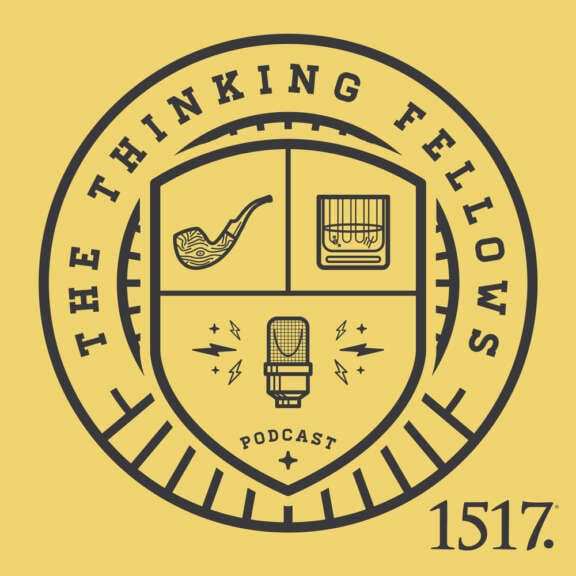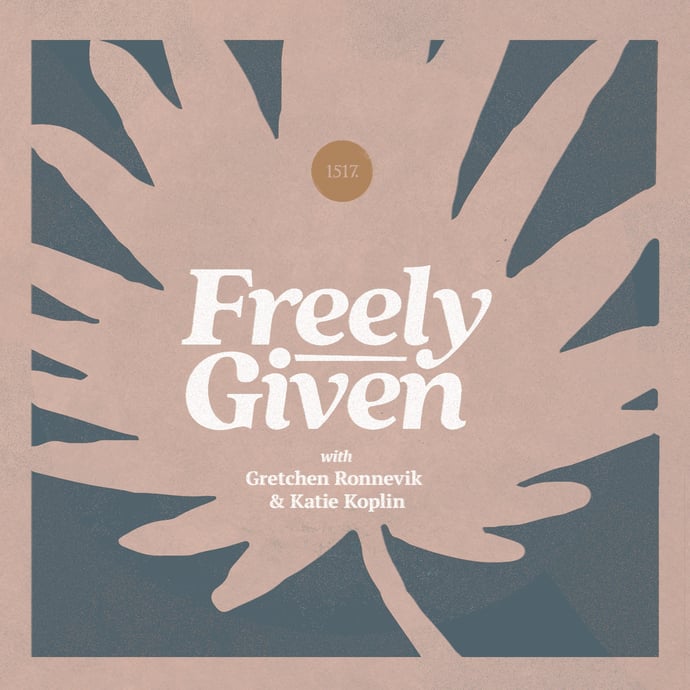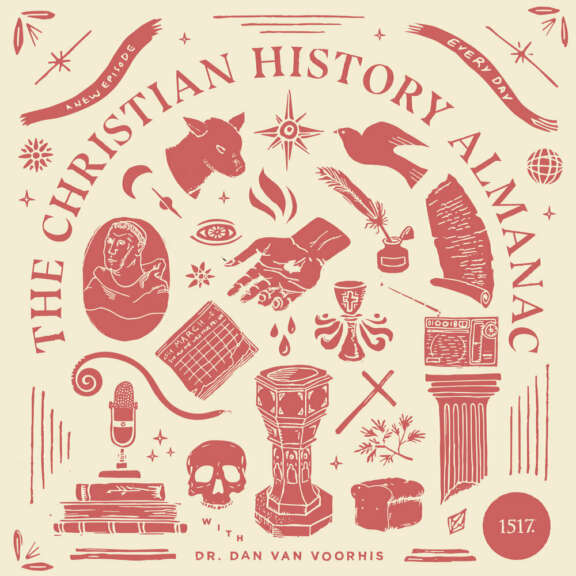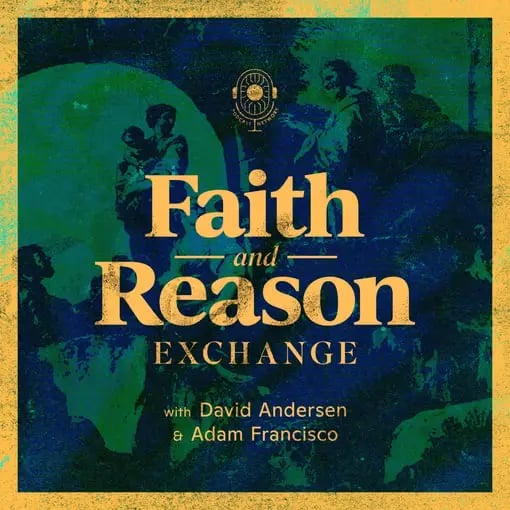Ramble Tamble. In this episode, we do a pastor’s table talk that centers on inculcating a deeper appreciation for heavenly mystery and earthly reality: prayer at home, worship on vacation, the connection of the land to God’s judgment and salvation of his people, the early church’s exegesis, Genesis snd Revelation, and Logos theology that binds the Trinity and Creeds.
Podcasts
Each 1517 Podcast is dedicated to delivering Christ-centered content through weekly, monthly, and seasonal audio platforms. Listen online or on your favorite podcasting app.
Author
- All Authors
- Aaron Zimmerman
- Adam Francisco
- Amy Mantravadi
- Blake Flattley
- Bob Hiller
- Bradley Gray
- Brian W. Thomas
- Bror Erickson
- Bruce Hillman
- Caleb Keith
- Chad Bird
- Chris Rosebrough
- Christopher Gillespie
- Cindy Koch
- Craig Donofrio
- Dan van Voorhis
- Daniel Deen
- Daniel Emery Price
- Darrin Sheek
- David Andersen
- David Rufner
- David Zahl
- Debi Winrich
- Delwyn Campbell
- Donavon Riley
- Doug Klembara
- Edward Killian
- Elyse Fitzpatrick
- Erick Sorensen
- Flame
- Grant Klembara
- Gretchen Ronnevik
- Haroldo Camacho
- Jacob Smith
- Jared C. Wilson
- Jeff Mallinson
- Jeffrey Pulse
- Jessica Thompson
- Jim Nestingen
- Joel Fitzpatrick
- Joel Hess
- John Andrew Schreiner
- John Bombaro
- John T. Pless
- John W. Hoyum
- John Warwick Montgomery
- Katie Koplin
- Kelsi Klembara
- Ken Sundet Jones
- Magnus Persson
- Mark Mattes
- Matt Popovits
- Michael Berg
- Michael Horton
- Nick Lannon
- Paul Koch
- Peter Nafzger
- Philip Bartelt
- Raleigh Sadler
- RJ Grunewald
- Robert Kolb
- Rod Rosenbladt
- Ron Hodel
- Sam Leanza Ortiz
- Sarah Condon
- Sarah Crowder
- Scott Davis
- Scott Keith
- Steven Paulson
- Tanner Olson
- Troy Neujahr
- Uwe Siemon-Netto
- Wade Johnston
- William Cwirla
-
In episode TWO HUNDRED AND EIGHTY-TWO, Mike, Jason, and Wade discuss the importance of lifelong learning, especially for clergy.
-
Justification is famously called the article upon which the church stands or falls. It is the article upon which The Lutheran Reformation stood boldly and confessed the Scriptural truth that we are made right before God by grace through faith on account of Christ alone.
-
We've found Katie Koplin, in the midst of moving into an old church, and working on her training to become a Christian counselor.
-
Today, on the Christian History Almanac, we remember David C. Cook, his ministry, and his legacy.
-
In this episode, Kelsi interviews Dr. Robert Kolb about his newest book, Face to Face: Luther's View of Reality.
-
Watching The World Go Down in History. In this episode of Banned Books, we read "False Presence of the Kingdom" by Jacques Ellul and discuss worldly Christianity, the lessons of history, the Machine, focusing on heavenly things to answer earthly questions, seeking the origin of things, and the dangers of being trapped in the present.
-
This week on Tough Texts, Scott and Dan explore Romans 5, a chapter that addresses the concept of original sin and its implications for humanity.
-
The Thinking Fellows are live from the Here We Still Stand regional event in North West Arkansas.
-
David and Adam recall their time as students and professors in higher education and discuss the issues associated with being a Christian in academia today.
-
Encore presentation: Steve Lownes returned to the studio to help Craig and Troy work out their relationship, but instead we end up talking more about the intersection of theology and therapy.
-
Encore presentation: Therapist Steve Lownes joins Craig and Troy for a discussion on theology and therapy. How are they the same, and how are they different?








